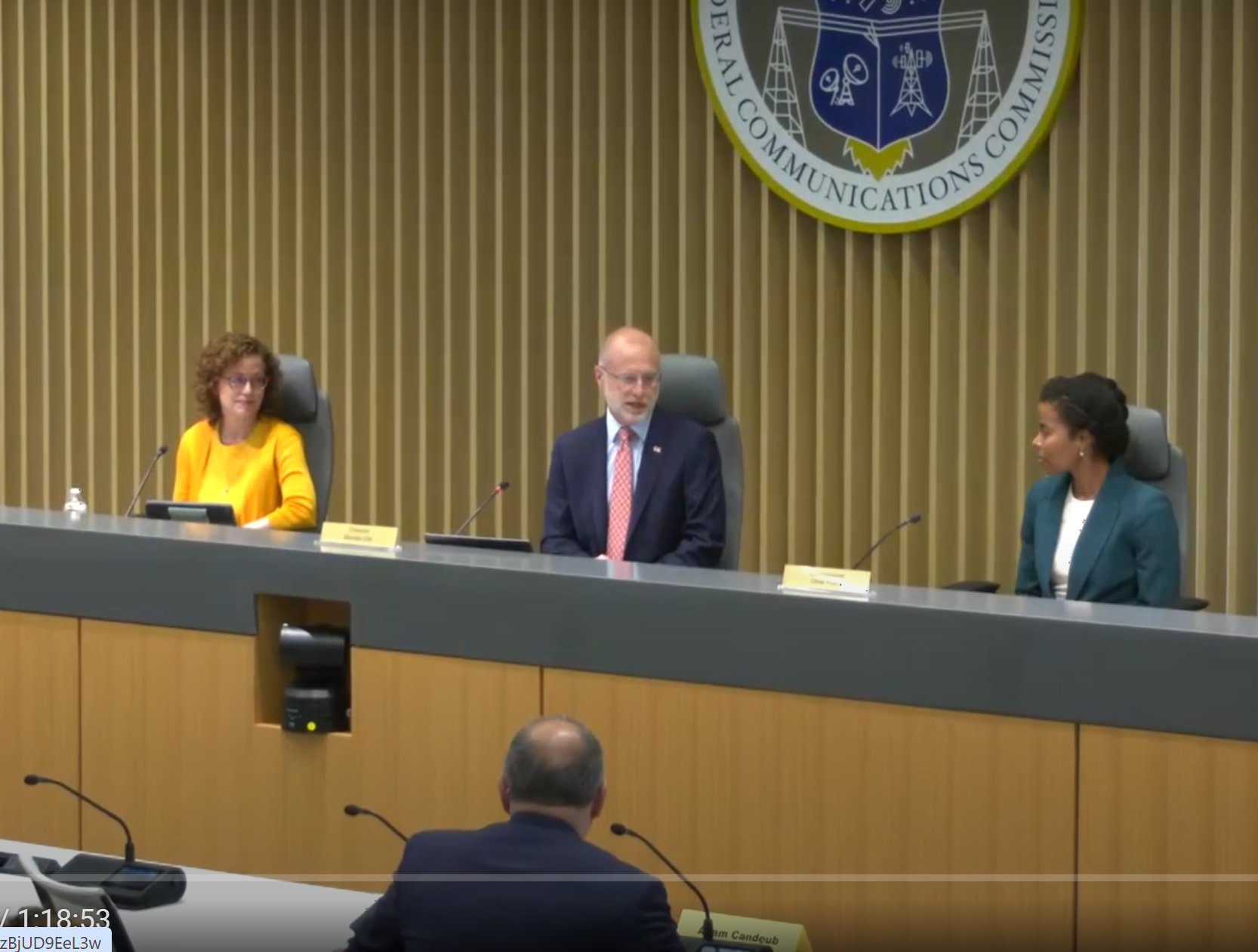FCC offers glimpse of national broadband plan
The FCC last week issued a list of proposals to meet its congressional mandate to provide high-speed Internet service to every U. S. home. The proposals met immediate criticism from consumer advocates and various industry sources.
Coming two months before the final national broadband plan must be presented to Congress, the list includes redirecting broadcast spectrum away from broadcasters to wireless services, revamping the market for set-top boxes and revising a rural phone subsidy program.
Many of the ideas were widely expected and have already angered different corners of the communications sector as well as public interest groups. In addition to the broadcast spectrum issue, a chief consumer criticism is the proposals don’t do enough to encourage more competition in an industry dominated by AT&T, Verizon and Comcast.
As expected, the FCC recommended allocating some airwaves from television broadcasters to wireless broadband to support the next generation of portable computing gear, including iPhones and BlackBerrys. This has upset broadcasters, who want those airwaves for mobile television services.
The FCC also wants to revamp the television set-top-box market, which has been slow to change and is dominated by a few players that work directly with cable and satellite providers to lease the boxes to customers. Nearly every home has a television, and the FCC thinks that set-top boxes could eventually be a gateway for Internet services.
Blair Levin, head of the FCC’s broadband task force, raised the idea of forcing cable and satellite operators to supply low-cost set-top devices that would integrate broadband and video services.
Another proposal calls for using money from the Universal Service Fund, which subsidizes rural phone service, to pay for adding high-speed Internet capacity in remote and low-income regions of the country. The program raises about $7 billion annually from fees on long-distance phone service. The idea of redirecting those funds has upset rural phone carriers, many of whom have come to rely on the subsidies.
The professional video industry's #1 source for news, trends and product and tech information. Sign up below.
Gigi Sohn, executive director of Public Knowledge, a public interest group, said she was disappointed that the FCC didn’t propose giving smaller telecom firms easier access to lines owned by the dominant companies so that they can better compete.
Ben Scott, policy director of Free Press, another public interest group, said the most basic broadband problem is that the nation is stuck with a duopoly of local cable and telephone companies that controls virtually every broadband market in America. The trend in both wireless and wireline broadband markets led to more consolidation, not less, he said.
Scott said the goals for real broadband reform cannot be achieved without directly challenging the market power of incumbent telephone and cable companies that have locked the nation into plodding, incremental progress. The only aggressive proposal on the table, he said, is a whether the government should reclaim broadcast television spectrum and repurpose it for broadband.
